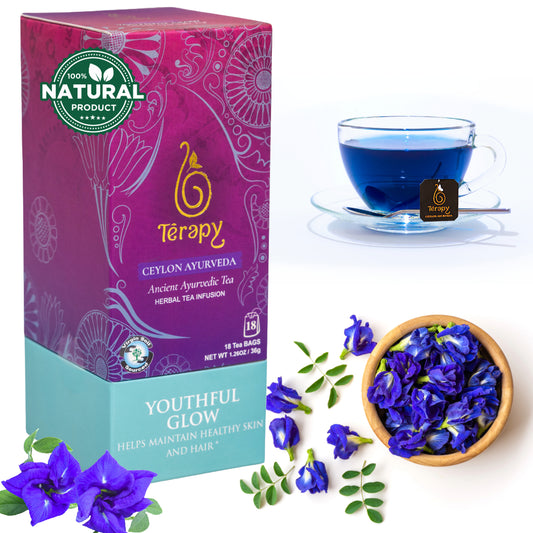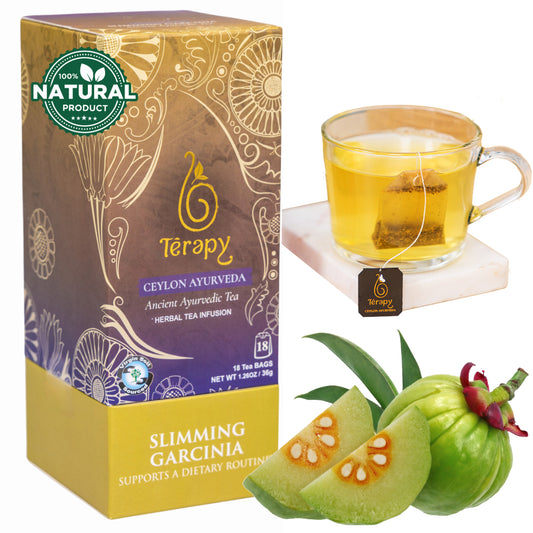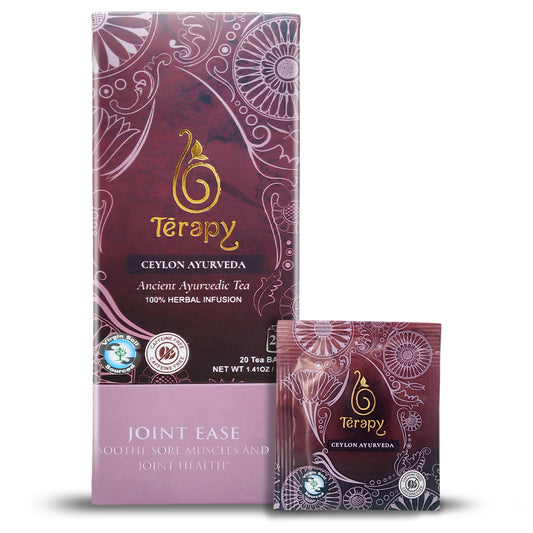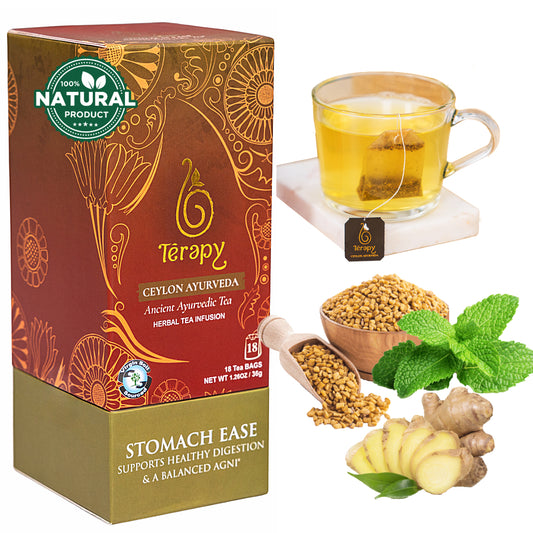Ayurvedic Herbs
Ayurveda, a traditional system of medicine originating from the Indian subcontinent, has utilized a wide array of herbs for centuries to promote health and well-being. These herbs are valued for their therapeutic properties and have been integral to Ayurvedic practices for thousands of years. In Sri Lanka, known historically as Ceylon, many of these herbs continue to play a significant role in natural medicine. This article explores ten popular Ayurvedic herbs found in Sri Lanka and their individual health benefits.
1. Turmeric (Curcuma longa)
Turmeric, often referred to as the "golden spice," is renowned for its anti-inflammatory and antioxidant properties. It has been used in Ayurveda to treat digestive issues, skin conditions, and joint pain. Curcumin, the active compound in turmeric, is known for its potential to enhance cognitive function and support cardiovascular health.
Reference: Anand, P., Kunnumakkara, A. B., & Newman, R. A. (2007). Bioavailability of curcumin: Problems and promises. PubMed
2. Ashwagandha (Withania somnifera)
Ashwagandha, also known as Indian ginseng, is a powerful adaptogen used to combat stress and anxiety. It helps improve stamina, support immune function, and enhance overall vitality. Ashwagandha is also known for its ability to balance hormones and support mental clarity.
Reference: Chandrasekhar, K., Kapoor, J., & Anishetty, S. (2012). Ashwagandha root extract as a potential adaptogen of the future. PubMed
3. Gotu Kola (Centella asiatica)
Gotu Kola is known for its skin-healing and anti-aging properties. It promotes cognitive function, reduces anxiety, and enhances circulation. In Ayurveda, it is used to improve memory, support wound healing, and address symptoms of chronic venous insufficiency.
Reference: Kaur, G., & Arora, S. (2015). Centella Asiatica (Gotu Kola) as a medicinal plant: A review. PubMed
4. Cinnamon (Cinnamomum verum)
Cinnamon is valued for its ability to regulate blood sugar levels and improve digestion. It has antioxidant and anti-inflammatory properties and is often used in Ayurveda to support metabolic health and alleviate respiratory issues.
Reference: Ranilla, L. G., & Kim, K. (2009). Cinnamon (Cinnamomum verum) and its health benefits. PubMed
5. Licorice (Glycyrrhiza glabra)
Licorice is known for its soothing properties on the gastrointestinal tract. It is used in Ayurveda to treat ulcers, respiratory conditions, and inflammation. Its anti-inflammatory and immune-boosting effects are highly valued.
Reference: Giller, A., & McEwen, B. S. (2005). Licorice: A review of its role in treating inflammation and ulcers. PubMed
6. Black Pepper (Piper nigrum)
Black pepper enhances digestion and increases the bioavailability of other herbs. It is also known for its anti-inflammatory and antioxidant properties. In Ayurveda, it is used to treat respiratory problems and support metabolic function.
Reference: Prasad, S., & Gupta, S. C. (2014). Black pepper: A versatile spice with multiple health benefits. PubMed
7. Neem (Azadirachta indica)
Neem is a powerful herb known for its antibacterial, antifungal, and antiviral properties. It is used in Ayurveda to treat skin conditions, detoxify the body, and support immune health.
Reference: Konkimalla, V. B., & Yadav, V. S. (2007). Neem: Its medicinal and therapeutic potential. PubMed
8. Cardamom (Elettaria cardamomum)
Cardamom is used for its digestive and detoxifying properties. It helps alleviate nausea, supports respiratory health, and has antimicrobial effects. It is often included in Ayurvedic remedies for digestive disorders.
Reference: Kazi, S. A., & Mukherjee, S. (2012). Cardamom: An overview of its health benefits. PubMed
9. Amla (Phyllanthus emblica)
Amla, or Indian gooseberry, is rich in vitamin C and antioxidants. It supports immune function, promotes healthy skin and hair, and aids in digestion. It is a key ingredient in many Ayurvedic formulations.
Reference: Choudhury, S., & Nema, R. (2015). Amla: A potential natural remedy for various ailments. PubMed
10. Brahmi (Bacopa monnieri)
Brahmi is known for its cognitive-enhancing properties. It supports mental clarity, reduces stress, and improves memory. In Ayurveda, it is used to promote overall brain health and reduce anxiety.
Reference: Stough, C., & Lloyd, J. (2001). Brahmi (Bacopa monnieri): An overview of its cognitive benefits. PubMed
Featured collection
-

Youthful Glow Tea
SaleYouthful Glow Tea
Regular price From $17.99Regular priceUnit price / per$19.99Sale price From $17.99Sale -

Slimming Garcinia Tea
SaleSlimming Garcinia Tea
Regular price From $17.99Regular priceUnit price / per$19.99Sale price From $17.99Sale -

Joint Ease Tea
SaleJoint Ease Tea
Regular price From $14.99Regular priceUnit price / per$17.99Sale price From $14.99Sale -

Stomach Ease Tea
SaleStomach Ease Tea
Regular price From $15.99Regular priceUnit price / per$17.99Sale price From $15.99Sale





